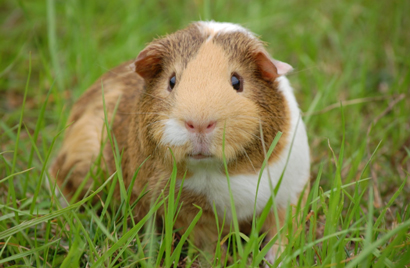Primary Times - the definitive what’s on and where to go family guide of activities and events for children of primary school age. Things to do with your kids during the school holidays including arts and craft activities, music and theatre for children, parties, competitions, days out, and family attractions along with term time drama schools, dance classes, after school clubs and sports activities. Things to do at a place near you!
Pet ownership can positively influence your child’s health and development
 If you grew up with a family pet it is hard to imagine a life without one, many positive childhood memories are experiences with a beloved pet.
If you grew up with a family pet it is hard to imagine a life without one, many positive childhood memories are experiences with a beloved pet.
For many families in the UK, pets are members of the household that give young children something to love and care for outside of their blood relations or guardians and can help to teach children a sense of responsibility and gentleness towards others from a young age. However, recent studies published in the International Journal of Environmental Research and Public Health, have provided strong evidence that suggests pet ownership can also have a significant positive effect on the emotional, behavioural, cognitive, educational and social development in young children. The effects of which could improve their health and well-being throughout life.
Studies were devoted to children’s emotional health and the results demonstrated that companion animals, including dogs, cats, horses, rabbits and other rodents, improve children’s self-esteem and emotional well-being, as well as reducing levels of anxiety and loneliness. This is due to the fact that evidence showed children frequently turn to their pets for comfort, reassurance and emotional support. As companion animals both give and receive affection, they can contribute to and partially fulfil, attachment needs in children. Companion animals have even been found to rival human ability to provide self-esteem, calmness, soothing and acceptance in others.
Pet ownership has the potential to foster the development of independence and self-reliance as children learn to take responsibility for their pet’s needs.
For many children, companion animals are powerful motivators for learning and development and pets have even been found to enhance performance in school tasks and improve children’s vocabulary from engaging, in or listening to, conversations on the subject of animals and their care needs.
If your circumstances don’t allow for a pet there are other ways that children can have similar experiences, you can always foster a pet, care for a class room pet or visit a petting zoo or farm park.
There are also health benefits evidence suggests children who have a dog in their first year of life were 13% less likely to develop asthma by the time they are 6 years old than those from dog free households.
If your children are reading this they now have more ammunition for the ongoing “Can I have a dog or cat argument”





